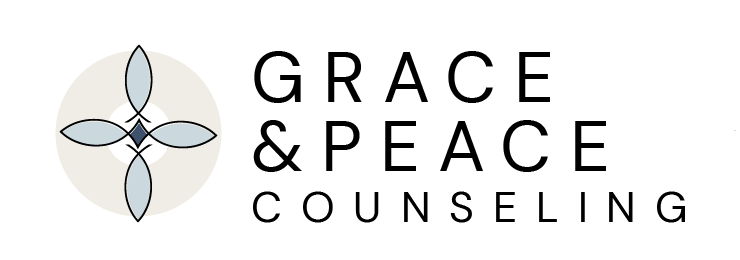The very concept of asking someone for help can be daunting to many people. It is easy to be influenced by our culture into believing that we can and should overcome obstacles on our own. This way of thinking can easily lead us to become adamant in overcoming challenges on our own and resistant to accepting help from others. The emotional toll from this way of thinking can add more stress and chaos to our lives.
A common thought from those resistant to accepting help is that if they choose to accept help, they choose to be weak. This is a highly inaccurate statement. In fact, it takes a brave person to be bold enough to ask for help. Allowing another person to have access to your deepest emotional levels is a very scary thing to do. If someone else really knows what is going on inside you would they still accept you? Will they still be there for you? Will they tell others? Will they [insert fear here]?
My experience in therapy shows significant more progress toward therapeutic goals with clients who are brave enough to come to therapy and bold enough to be completely honest with themselves. It is common for clients to be hesitant to share at a deep level. Clients experience a significant amount of freedom once they attempt sharing at a deep level and are met with compassion. I have witnessed clients experience this freedom and have even seen it turn elderly people back into excited, giddy children.
According to Dr. Greg Mulhauser, full and productive participation in counseling can improve results of counseling by 40%. This shows the significance of full and productive participation. Likewise, clients who come because someone else pushed them into it or they are only going to appease someone else have lower rates of successful outcomes.
Another common tactic attempted by many people is to avoid the emotions they do not like experiencing. When one chooses to suppress emotion or attempts to cover it with other emotions the emotions do not go away. They continue to percolate within us, which often leads to emotional outbursts. Imagine someone struggling with feeling angry. This person may attempt to avoid the angry feelings because they know that they do not want to experience these feelings. They also do not want these feelings displaced onto those around them. Suppressing these feelings may work for a time but as the feelings percolate they continue to build pressure. Eventually these emotions come out and often when we least expect it. We’ve all heard of people who “lost it” or “blew up.” This is a result of not managing emotions in a healthy manner.
Many people desire to overcome the negative behaviors of these emotions without acknowledging these emotions are a concern. For instance, one struggling with anger will identify healthier behaviors and responses than acting out of anger without accepting responsibility of feeling angry. Allowing ourselves to acknowledge and accept the feelings we experience enables us to identify and resolve these less desirable emotions. A major reason that people do not like doing this means admitting they are wrong or admitting they have a concern to work through.
The ability to be brave and bold is in all of us. I challenge you to choose boldness and bravery today.

